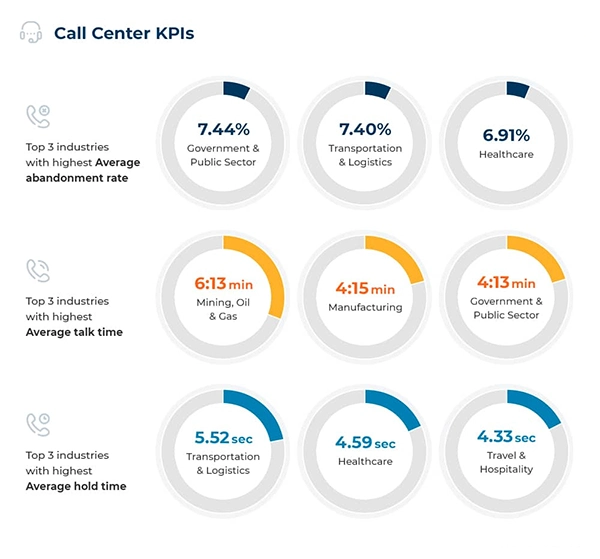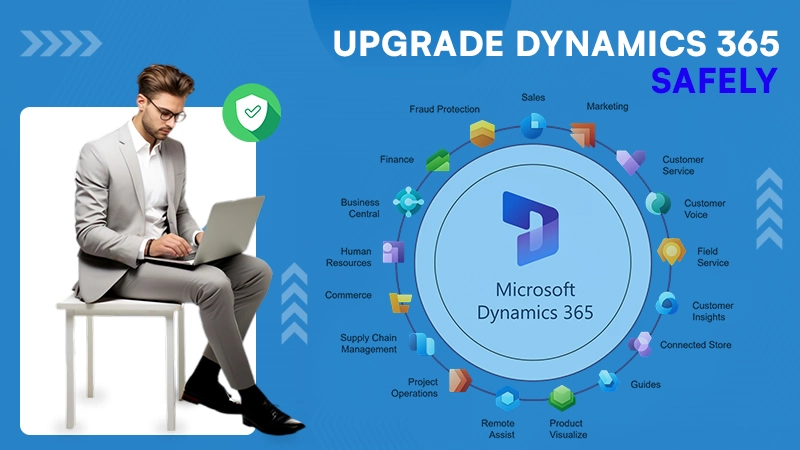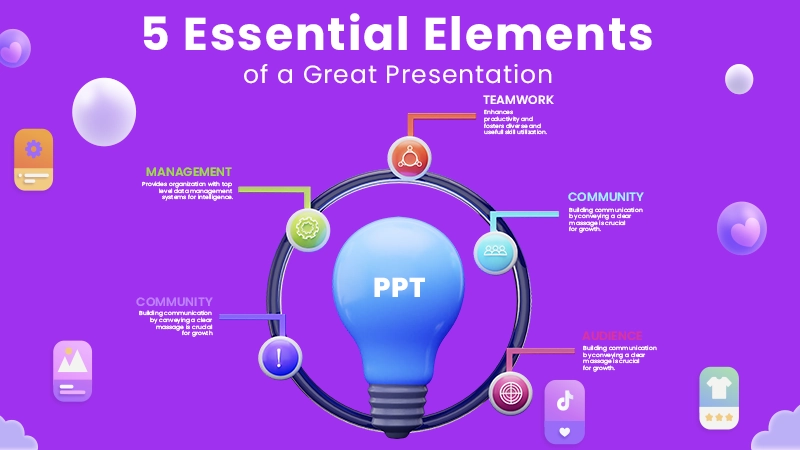Call centers are very dynamic organizations, particularly in the case of call center representatives, they give a variety of performance metrics that have to be met.
One such metric is referred to as After Call Work, also known as ACW, which is the effort put into other activities related to a call after the actual call ends.
However, if you are occupying this position or planning to and wish to be a call center representative, it would be great to go through this blog and learn what ACW is, why it matters, and how you can improve it to optimize your call center operations.
What is ACW?
Stand for After-Call Work, ACW is a fundamental component of call center operations – a task that agents cover after they finish talking with the client such as taking notes, updating customer information, and addressing any issue.
Definition and Explanation of After-Call Work
After-call work (ACW) refers to the tasks that agents must complete after a customer call has ended.
These tasks can include updating customer records, processing transactions, sending follow-up emails, or any other activities related to the call.
Essentially, ACW encompasses all the administrative and post-call activities that ensure the customer’s issue is resolved and the call center’s records are up-to-date.
Common Types of ACW Tasks
ACW tasks vary depending on the nature of the call and the specific processes of the call center.
Common examples include:
- Updating Customer Information: Ensuring that any changes or new information gathered during the call are accurately reflected in the customer database.
- Processing Transactions: Completing any financial transactions or order processing that was discussed during the call.
- Sending Follow-Up Communications: Sending confirmation emails, appointment reminders, or follow-up messages as needed.
- Documentation: Noting key details or action items that may need to be referenced in future interactions.

Why ACW Matters
ACW is not a common task but a pivotal part of an agent’s workflow that keeps track, saves precious time, enhances operational efficiency, and gets the maximum performance out of your agents.
Impact on Call Center Efficiency
ACW is a fundamental component of call center efficiency, it may seem like a minor part of the overall call process, but its management can significantly affect call center productivity.
Excessive or poorly managed ACW can lead to increased call handling times, reduced agent availability, and ultimately, a decrease in the overall efficiency of the call center.
Understanding What is ACW and How to Improve It is vital for optimizing these processes and achieving better results.
Effects on Customer Experience
The way ACW is handled can also impact the customer experience, for instance, if ACW tasks are not completed promptly, it can result in delays in resolving customer issues or inaccuracies in customer records.
This can lead to frustration for customers, who may have to repeat information or face delays in receiving necessary follow-up.
Relationship Between ACW and Agent Performance
Agents who are burdened with excessive ACW may experience burnout or decreased job satisfaction.
Taking this into account, ACW Efficiently manages ACW and helps reduce the administrative load on agents, allowing them to focus more on providing excellent customer service.
Average ACW = Total ACW time in one day / Total number of calls in that day
How to Improve ACW in Your Call Center
ACW is indeed a vital part of call center operations and customer satisfaction, and incorporating a few effective strategies is necessary for its better approach and improvement.
Optimize Workflow and Processes
In order to improve the effectiveness, efficiency, and overall performance of ACW tasks and operations within a call center organization take the below tactics:
Streamlining Post-Call Procedures
To enhance ACW efficiency, it’s necessary to streamline post-call procedures, also it simplifies the steps that agents need to follow after a call and eliminates any unnecessary tasks.
This can involve automating repetitive tasks or consolidating them into a single workflow.
Implementing Efficient Tools and Technology
Adopting the right tools and technology can greatly improve ACW management, such as Customer Relationship Management (CRM) systems and automated workflow software can help reduce the time spent on manual data entry and ensure that all necessary tasks are completed promptly.
Enhance Agent Training and Support
Okay, so you want to optimize call center operations effectively and deliver remarkable customer service, approach the below strategies:
Providing Comprehensive Training Programs
Effective training is vital for managing ACW as it ensures that agents are well-trained in handling post-call tasks efficiently.
This includes understanding how to use the tools provided, following the correct procedures, and prioritizing tasks effectively.
Offering Ongoing Support and Resources
Provide agents with continuous support and resources to help them manage ACW more effectively.
This could include access to a knowledge base, regular updates on best practices, and a dedicated support team to assist with any issues that arise.
As per the Research,
More experienced agents can complete ACW faster than less experienced agents.
One report found that experienced agents can wrap up calls 20% faster than novices.
Utilize Advanced Call Center Software
The advanced call center software incorporates a variant of features to look for in ACW management software and utilizes its functions will not only streamline customer interaction but also provide self-service options and quality service delivery.
Features to Look for in ACW Management Software
Invest in call center software that offers robust ACW management features, and look for software that includes automation capabilities, integration with CRM systems, and reporting tools to track ACW metrics.
Features such as task automation and seamless data integration can significantly reduce the time agents spend on ACW.
Benefits of Integrating ACW Solutions
Integrating ACW solutions into your call center operations can lead to improved accuracy, reduced handling times, and enhanced overall efficiency.
It also allows for better tracking and analysis of ACW metrics, which can help in identifying areas for further improvement.
Monitor and Analyze ACW Metrics
Monitoring and Analyzing the ACW metrics assists you in identifying the areas that can be improved and evaluating the performance of the call center organization.
Key Performance Indicators to Track
To effectively manage ACW, it’s necessary to monitor and analyze relevant metrics. Key Performance Indicators (KPIs) to track include:
- Average ACW Time: The average time agents spend on ACW tasks after a call.
- ACW Completion Rate: The percentage of ACW tasks completed within a specified time frame.
- Agent Productivity: The overall productivity of agents in relation to their ACW tasks.
Using Data to Drive Improvements
Analyze ACW data to identify trends and areas for improvement, regularly review metrics, and gather feedback from agents to understand any challenges they face.
Use this data to make informed decisions about process changes, tool enhancements, and additional training needs.
Conclusion
Managing After-Call Work effectively is pivotal for maintaining high levels of efficiency and customer satisfaction in your call center.
By understanding ACW, its impact, and implementing strategies to improve it, you can enhance both agent performance and overall call center operations.
Streamlining workflows, investing in the right technology, providing comprehensive training, and monitoring key metrics are all key steps in achieving effective ACW management.
With these strategies in place, your call center can operate more efficiently and deliver a better experience for your customers.
Also Read: Cybersecurity Certification Options










